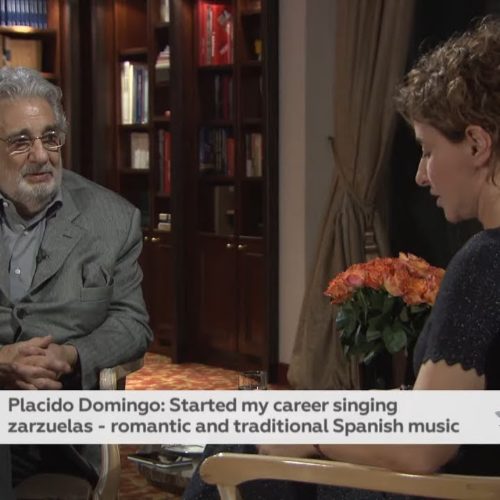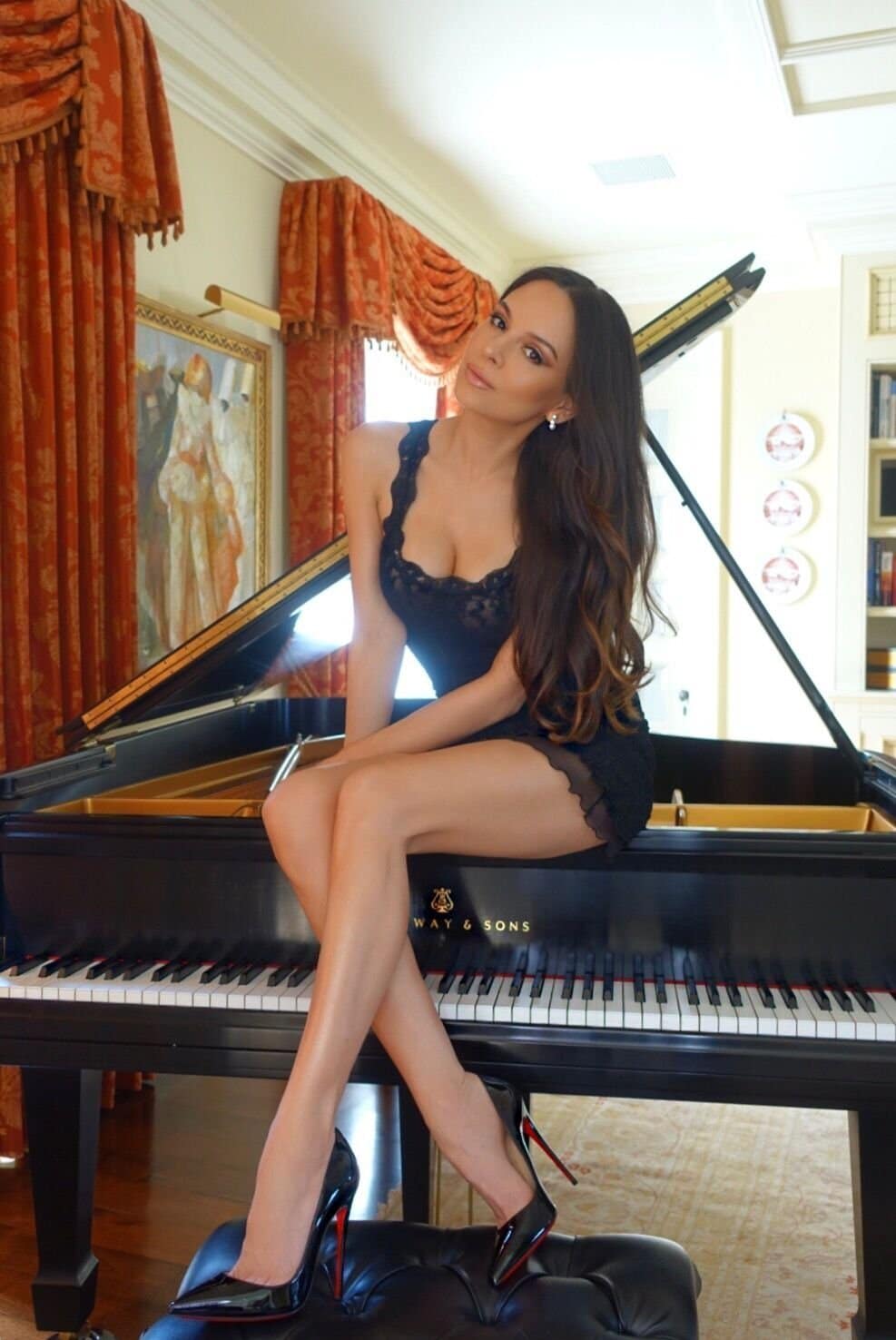

The celebrated Borodin Quartet has called off its upcoming tour after the first violin, Ruben Aharonian, was rushed to hospital for an emergency admission.
The tour, which was due to open this Friday in Montreal, should have visited Miami and New York.
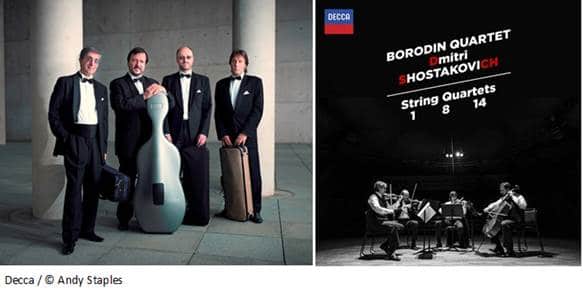
The violinist Stephen Morris has put out a major public alert for his 1709 David Tecchler violin, which he left on the 22.58 London Victoria to Orpington service last Tuesday.
He had been intending to play the violin, worth around £250,000, as concertmaster of two Andrea Boccelli concerts at the weekend.
Instead, he had to borrow an instrument from his wife, Sarah Sexton.
‘It’s devastating to lose it and quite apart from its value, it’s my livelihood,’ he said. ‘I was really only its custodian – one of many people who have played it – and I had hoped to pass it on to another violinist eventually.’
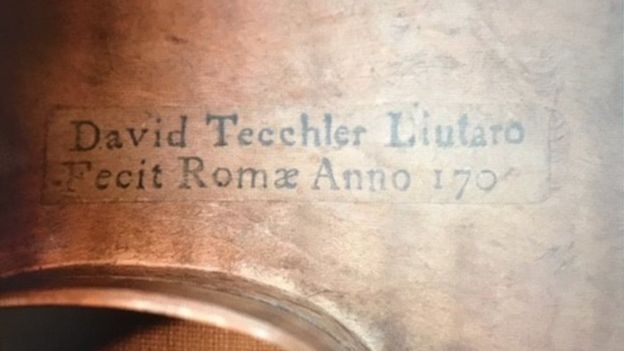
Scherzo has news of shutters coming down on three baroque ensembles, all for reasons of cutbacks in public funding in Spain and other European countries.
Hugo Reyne, flutist of Les Arts Florissants, has been obliged to disband La Simphonie du Marais (est. 1987) from next year.
Daniela Dolci will close Musica Fiorita before the year is out.
And Óscar Gershensohn is breaking up La Capilla Real de Madrid, which he founded in 1992.
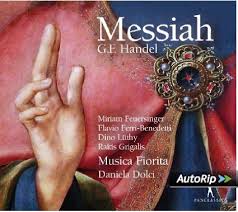
Friends have reported the passing of Zoltan Jeney, head of composition at the Franz Liszt Academy for two decades and a genial influence on many young composers.
Many of his works – in a restrained, lyrical, pre-minimal style, have been recorded by Hungaroton.

Try some beauty.
UK critics have dumped heavily on Christiane Lutz’s production of Rigoletto for Glyndebourne Touring Opera.
Richard Morrison in the Times: …Confused? You will be. The last scene has more corpses than your local crematorium as assorted Charlie (Chaplin)s take revenge on each other. Symbolic? All in the mind? I haven’t the foggiest, and don’t think I was alone. This Chaplin-fixation isn’t even the biggest liberty taken by Lutz…
Rupert Christiansen in the Telegraph: Lutz’s gloss doesn’t add anything authentic to the opera, and the execution requires more subtle acting and less extraneous detail. More attractive scenery and costumes would also help.
William Hartston in the Daily Express: The defect of the production can be summed up in one question: what do Rigoletto and Charlie Chaplin have in common? The answer, of course, is nothing at all, or at best, very little. Yet in her quest for modern relevance, Lutz sets the story in some sort of Hollywood film studio with the Duke of Mantua as some sort of Harvey Weinstein figure and Rigoletto making his entrance with a Charlie Chaplin impersonation.
David Mellor in the Mail on Sunday: Glyndebourne has never done Rigoletto before. It would have been better if it had stayed that way. The immature and inexperienced young German director Christiane Lutz – the new Mrs Jonas Kaufmann, by the way – makes a total hash of it… Hers is a truly crazy production. Rigoletto becomes Charlie Chaplin, with two other Chaplin doppelgängers hanging around, and a ridiculous old man who strips off (yuk!) during the overture.
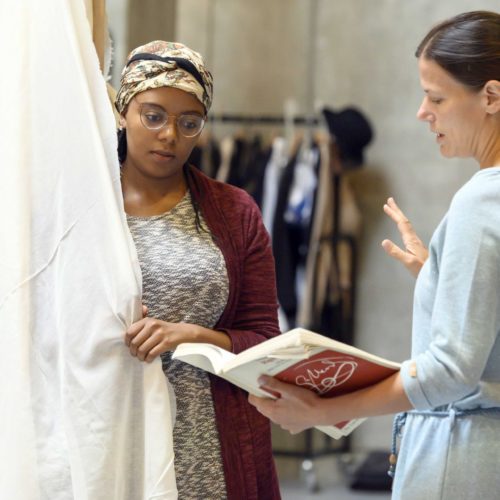
Christiane Lutz directing Vuvu Mpofu. Photo: Richard Hubert Smith
The Cardiff-based touring company has a new chair and five board members.
All appears to be arts functionaries, academics or former public officials.
WNO relies for survival on subsidy from Arts Council England.
Instead of finding entrepreneurs who would lead it to financial security, it falls back on bureaucrats.
Press release follows:
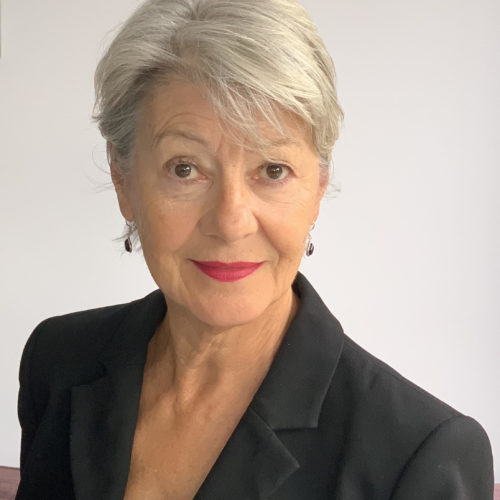
Experienced arts professional Yvette Vaughan Jones takes up role of Chair, with five new appointments to the Board of Directors
Welsh National Opera is delighted to announce that Yvette Vaughan Jones has been appointed as Chair of the Board of Directors, with immediate effect. Yvette, who has extensive experience of working in the arts both in the UK and internationally, is the first woman in the Company’s history to hold the role of Chair of WNO.
Five new members have also been appointed to the WNO Board of Directors, strengthening the Board in key areas including governance, finance, diversity, Welsh language and higher education. The appointments take the Board to 13 serving members.
Yvette’s distinguished career in the arts has seen her working for independent arts organisations, the Arts Council of Wales – where she set up Wales Arts International – local authorities, and Welsh Government. Prior to taking up the post of Chief Executive of Visiting Arts, she wrote Cardiff’s bid for City of Culture 2008. Yvette has also worked in Europe as Policy Manager for the Wales Centre in Brussels, and has also focused on international work at Visiting Arts where she set up the global Square Mile project as well as the World Cultures Connect project. She is a former member of the UK Cultural Diplomacy group and former Lead Adviser on the UK Cultural Leadership Programme. Yvette is shortly due to step down from her current role as Chief Executive of Visiting Arts, and will be standing down as Chair of No Fit State Circus in December 2019.
Germany’s annual PR Picture Award has been awarded to ….

Hamburg’s new Elbhilharmonie.
Not sure what the image is supposed to signify. But since various singers have complained they can’t make themselves heard in the hall, it looks like the place is now doing its best to vanish into thin air.
The photographer is Konstantin Beck.
The Vienna State Opera has announced consecutive live stream performances of Werther and Macbeth, with Grigolo and Domingo.
October 31 and November 1. It should boost their streaming platform, available internationally.

The singer has not given an extended interview since AP broke his reputation with a slew of unnamed sex-pest allegations.
While in Russia this month, he gave a half-hour interview in English to RT’s Sophie Shevardnaze.
The obsequious presenter fails to put a single question about the allegations, but PD does give hints about his present frame of mind:
I think that music helps us in many difficult moments in our life. So I think the music today is a little more complicated. Before people would arrive home in the old days, and still when the gramophone started to play, they would go home and they would listen to music. There was no television. So it has changed today, but of course the people that learn and love it – yes – they will go home and they will listen to music, even at home. They don’t need to go to the theater to listen to music, but today there’s so much with the television, with all grades of spectacles that you can go and see it, sports, everything.
You might interpret this as Placido saying there is life for him after the opera house.
The rest of the interview consists of pure Placitudes.
